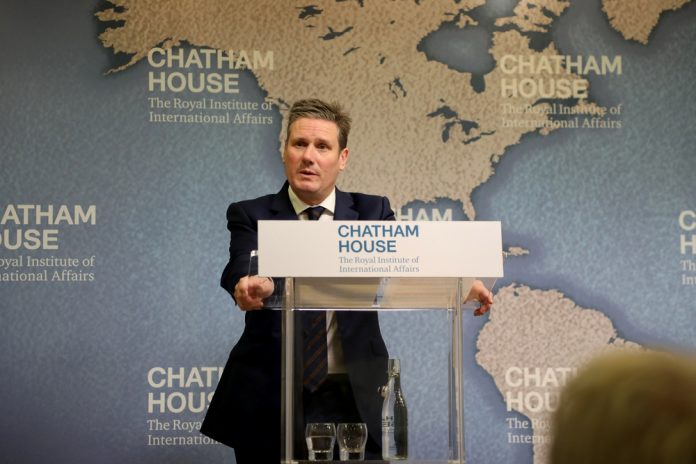Labour to back remaining in the single market, according to a article written by Shadow Brexit Secretary, Keir Starmer in the Observer.
In the article, Keir Starmer MP, who is also a QC, backed continued membership of the EU single market beyond March 2019 to see the country through a ‘transitional period’.
Despite advocating a more hardline stance towards withdrawal during the course of the election, Jeremy Corbyn’s opposition party have made a decisive shift away from convergence with the Conservatives on Brexit.
In a bid to further define the party stance on the issue, Keir Starmer stated in the article:
“Labour would seek a transitional deal that maintains the same basic terms that we currently enjoy with the EU. That means we would seek to remain in a customs union with the EU and within the single market during this period. It means we would abide by the common rules of both.”
Conversely, earlier this year Prime Minister Theresa May accepted that the UK cannot proceed with Brexit without withdrawing from the customs union.
Mr Starmer went on to criticise the Tory position of leaving the single market and customs union as an “unnecessary and a highly risky path to take”.
Starmer continued: “We will always put jobs and the economy first. That means remaining in a form of customs union with the EU is a possible end destination for Labour, but that must be subject to negotiations. It also means that Labour is flexible as to whether the benefits of the single market are best retained by negotiating a new single market relationship or by working up from a bespoke trade deal.”
Whilst the policy shift may invite criticism of a u-turn on one of the most decisive issues for the country, Labour have insisted that it is simply a clarification of policy.
The move will also no doubt seek to lessen internal divisions within the party over the issue, with many openly turning against the Corbyn leadership after last year’s referendum result.
Meanwhile, the third round of talks between the UK and the EU is underway in Brussels.
Thus far both parties have criticised the lack of progress with regards to negotiations, with disagreements stemming over the UK’s financial responsibilities to the union and the terms for EU and UK citizens after Brexit.

